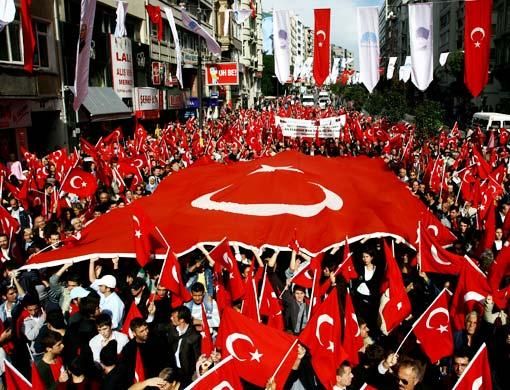Baghdad: Divisions have surfaced in the Kurdish political ranks since Turkey asked Iraq to extradite leaders of Kurdistan Worker's Party which is accused of using the mountains of northern Iraq as bases to launch attacks on Turkish military targets.
Abdul Salam Haji, a Kurdish political researcher, told Gulf News: "The position of Massoud Barzani, president of Kurdistan region, is extremely difficult.
"He has to choose between being a historical leader for Kurds who spent most of his early years fighting for the Kurds [against] Saddam Hussain and thus he will refuse to monitor Iraq-Turkish borders and address [Kurdistan Worker's Party] PKK elements for Turkey's benefit.
"Or he has to comply with pressures from US and Baghdad, urging him to ... hunt down the PKK elements in Kurdistan."
Options
Among the options available, is launching raids with the help of US warplanes against PKK elements in mountains of Zakho and Amadiyah in Duhok, Iraqi Kurdish provinces.
The option inevitably needs intelligence cooperation from Kurdish leaders in Arbil, as Peshmergas are best aware of the territory where they fought Saddam's regime for 20 years.
The issue is far from intelligence cooperation, said Munder Al Zaubai, a former Iraqi army officer. He told Gulf News: "Ankara has evidences that Barzani ... is Kurdistan security agency supervisor, he also has a confidential coordination with the PKK leaders.
"It means that Kurdish government should provide detailed information about PKK to Turkey. Besides Barzani's cooperation will lead to the arrest of senior PKK leaders and their extradition to Turkey, as happened to Abdullah Ocalan many years ago."
Sources in Arbil said politicians are divided into two camps. One is led by Barzani who opposes any sort of cooperation with Turkey to fight and pursue the PKK elements, and yet he is ready to help Ankara conduct direct political negotiations with the party.
The other camp comprises Kurdish leaders in Arbil who believe the issue is not worthy of risking Kurdistan's stability and cooperation with Turkey to hunt down the PKK elements.
They want to assure Turkey that Kurdish region of Iraq and its political evolution is not threatening Turkish security.













